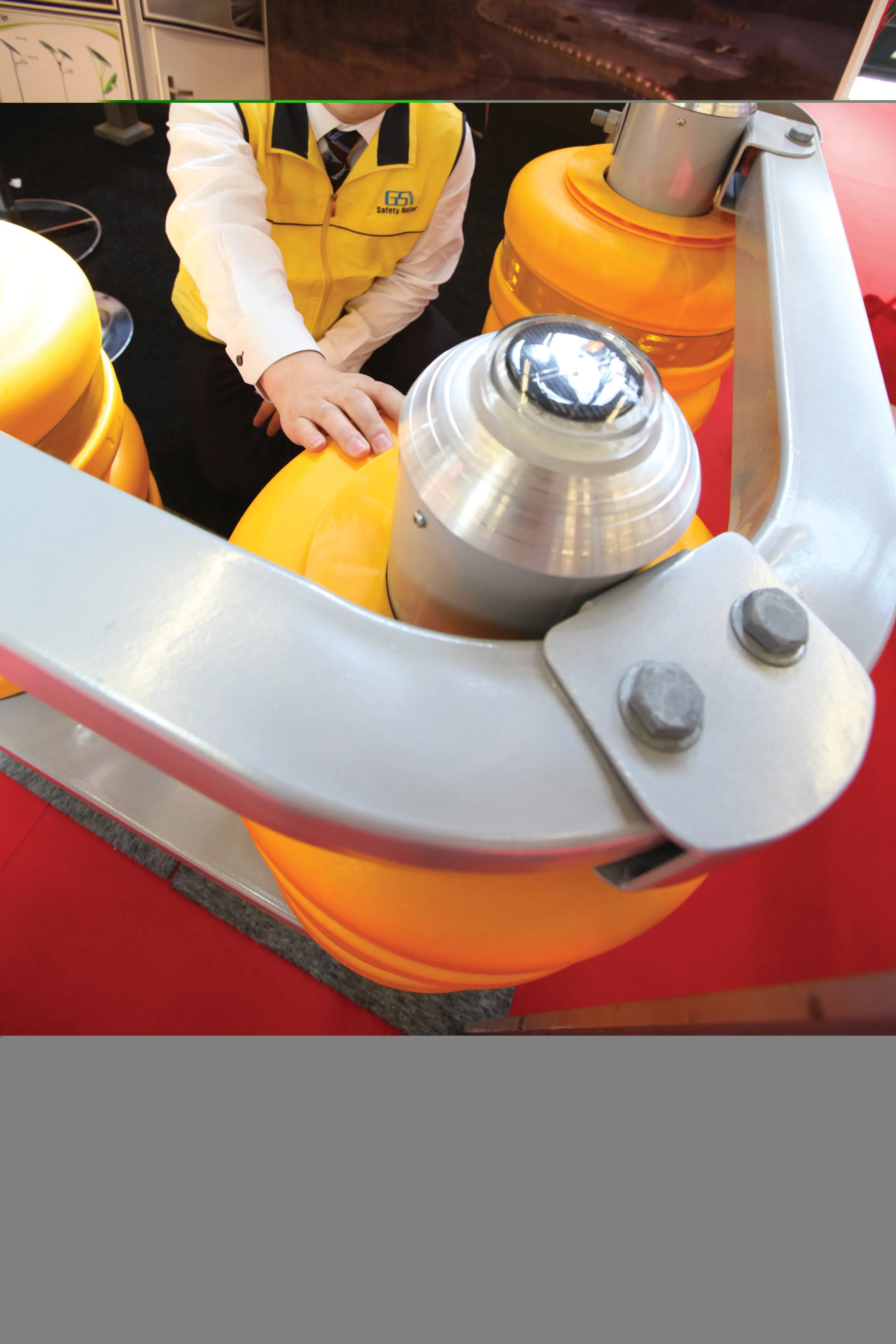Spanish road safety can be improved if key road improvements are made, according to a new report published recently. The report has been produced jointly by the Spanish Association for Construction Companies and Infrastructure Concession Holders (Seopan) and the Spanish Roads Association (AEC). The report reveals that carrying out work costing €730 million to 1,121km of roads would prevent 69 deaths and 212 injuries/year from crashes. The report is called Security in conventional roads: a priority challenge in 2020 and it highlights 73 particularly dangerous road sections that are a priority for improvement. According to the report there are 42 road sections of particular risk to users and which can be improved with measures to prevent overtakes or new traffic control technology.
New report suggests methods for boosting road safety in Spain
Spanish road safety can be improved if key road improvements are made, according to a new report published recently. The report has been produced jointly by the Spanish Association for Construction Companies and Infrastructure Concession Holders (Seopan) and the Spanish Roads Association (AEC).
July 7, 2017
Read time: 1 min






